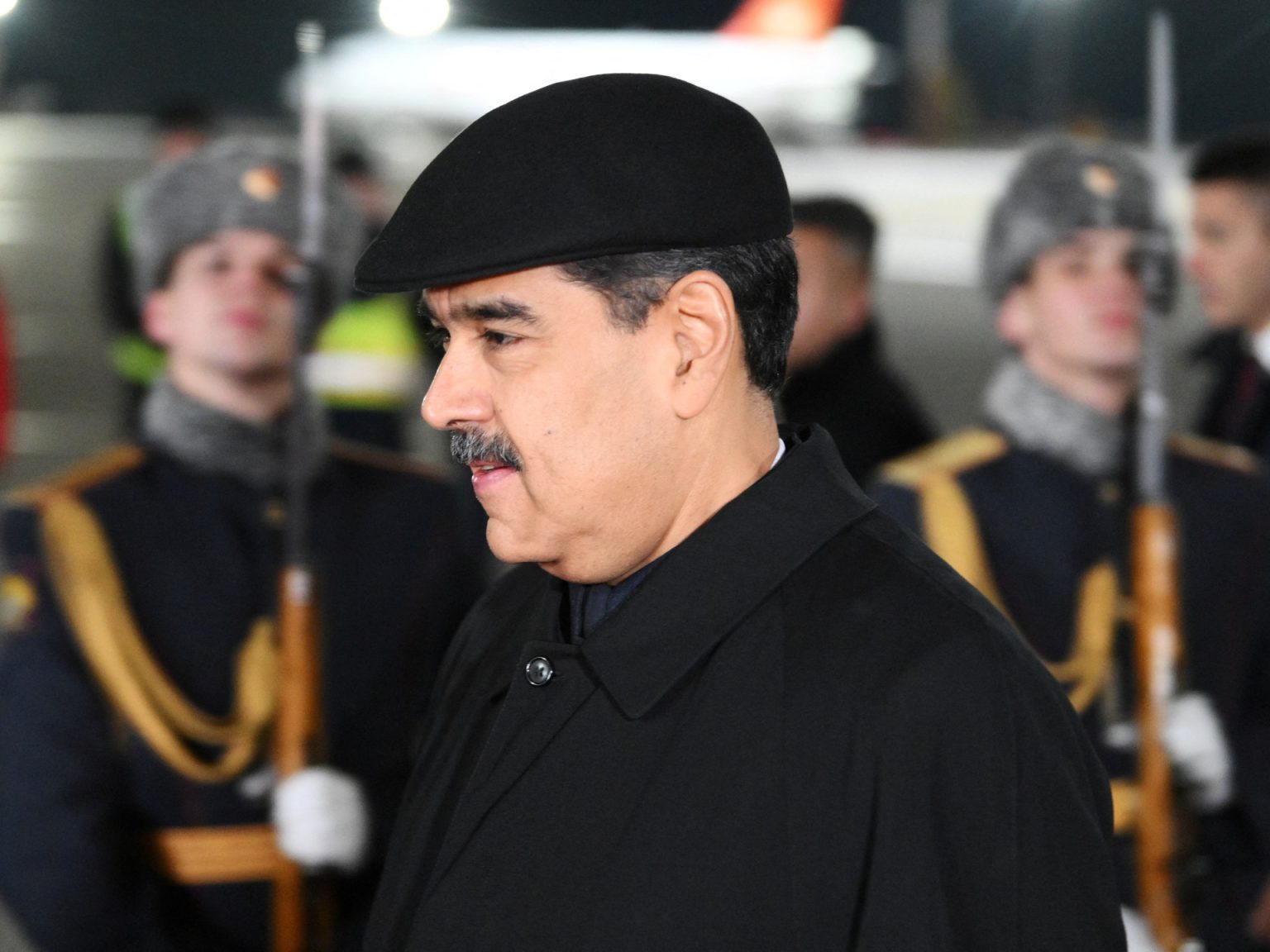Venezuela’s Foreign Ministry has accused Brazilian officials of making “interventionist, rude statements” and has pulled its ambassador from Brazil in response to Brazil’s blocking of Venezuela’s bid to join the BRICS alliance. The tensions between the two neighboring South American states have increased since Venezuelan President Nicolas Maduro declared himself re-elected in July, despite major irregularities in the vote tabulation. Brazil’s President Luiz Inacio Lula da Silva, a close ally of Maduro’s predecessor Hugo Chavez, has not recognized Maduro as the legitimate winner of the election.
Brazil’s move to thwart Venezuela’s long-standing ambitions to join BRICS at the group’s recent summit in Russia has fueled the conflict between the two countries. Venezuela’s Foreign Ministry expressed indignation and shame at Brazil’s actions, accusing Brazil of aggression and immorality for blocking their membership. BRICS currently includes original members Brazil, Russia, India, China, and South Africa, as well as newer members Iran, Egypt, Ethiopia, and the United Arab Emirates, who joined in January 2024.
Venezuela’s Foreign Ministry criticized Brazil’s top foreign policy adviser Celso Amorim for stating that Brazil vetoed Venezuela’s application to join BRICS because Caracas had breached the trust of its partners. Venezuela accused Amorim of acting like a messenger for North American imperialism and making inappropriate value judgments on Venezuela’s internal democratic processes. The electoral officials aligned with Maduro declared him the winner of the election but did not release detailed results to validate the claim, while the opposition claimed their candidate won by a landslide and provided detailed polling station results.
Several Latin American countries and the United States have recognized the opposition candidate, Edmundo Gonzalez, as the victor of the election. Gonzalez was charged with incitement to sedition and has fled the country to seek political asylum in Spain. Venezuela’s security forces launched a crackdown on protesters after the election, resulting in the deaths of at least 23 people, according to a report by Human Rights Watch. In addition, a Venezuelan opposition leader was found dead last week after being taken into state custody, according to his political party.
The ongoing tensions between Venezuela and Brazil are a result of Brazil’s refusal to recognize Maduro as the legitimate winner of the election and their blocking of Venezuela’s bid to join the BRICS alliance. Venezuela has accused Brazil of interference in its internal democratic process and of acting on behalf of imperialism. The situation has escalated, leading to the withdrawal of the Venezuelan ambassador from Brazil and increased diplomatic strain between the two countries. The conflict reflects deeper political divisions within Latin America and highlights the challenges of maintaining diplomatic relations in the region amidst political turmoil and human rights violations.













